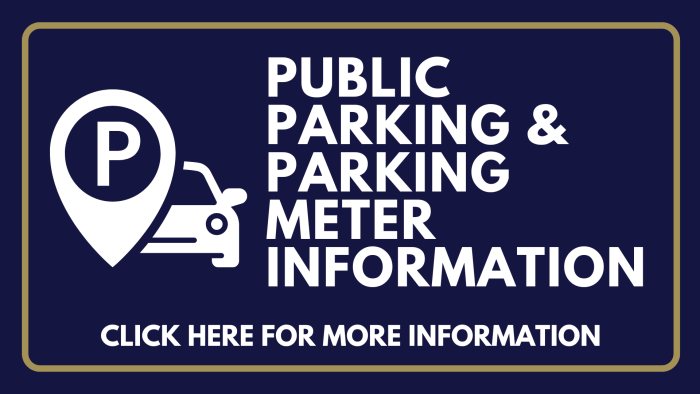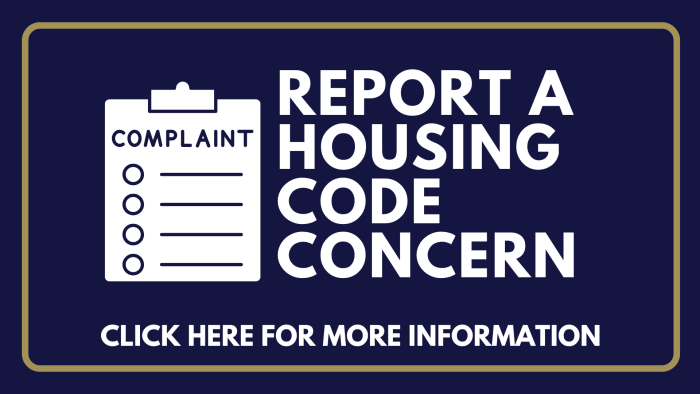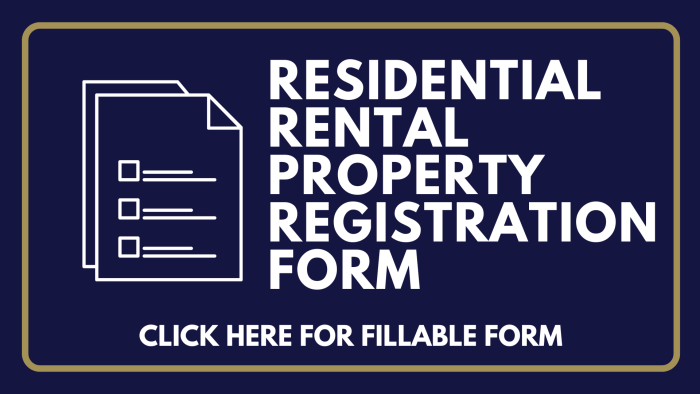JAMESTOWN, NY – December 5, 2024 – Mayor Kimberly Ecklund has completed her review of the amendments to the 2025 Executive Budget, which were voted on and approved by the Jamestown City Council on November 25, 2024. These amendments reduce the property tax increase to 3.61%, resulting in an annual increase of $61.60 for a property assessed at $70,000, or approximately $5.13 per month. This adjustment represents a significant reduction from the original Executive Budget, presented by Mayor Ecklund on October 8, 2024, which proposed a 7.79% tax increase, equating to $127.40 annually, or $10.62 per month, for the same assessed property value.
Mayor Ecklund emphasized the importance of clarifying that these increases are based on property tax assessment values, not current market value or selling prices. This distinction is crucial because property assessments are determined by a standardized formula that is consistent across the city, providing a fair and predictable system for taxpayers. Unlike market values, which fluctuate based on factors such as supply, demand, and individual sale prices, property assessments are intended to reflect the value of a property based on its characteristics and location, independent of current market trends. By basing tax increases on assessed values rather than market prices, the city ensures that all property owners are treated equally, regardless of the sometimes volatile fluctuations in the real estate market. This approach provides stability in the tax system, ensuring that increases are not disproportionately tied to recent home sales or shifting market conditions.
Balancing Short-Term Relief with Long-Term Stability
While Mayor Ecklund respects and acknowledges the Council’s efforts to ease the immediate financial burden on residents, she has expressed measured concerns about the long-term impact of these changes on the city’s fiscal health.
The approved amendments include:
- A $649,152 reduction in Real Property Tax revenue.
- An increase in the Fund Balance Allocation from $700,000 to $825,000, drawing an additional $125,000 from city reserves.
- Utilization of an additional $500,000 in ARPA Loss Revenue funds, fully depleting ARPA resources allocated for contracted infrastructure and community projects.
These changes reduce the city’s dependence on property taxes but rely heavily on reserves and on one-time federal funding. Consequently, the General Fund Balance is projected to be around $4.2-$4.5 million, which is below the recommended minimum of $7 million—equivalent to two months of operating expenses. Additionally, this amount does not factor in potential adjustments from the ongoing 2023 audit and is based solely on an estimated deficit number for 2024.
Unaddressed Costs & Revenue Challenges
Looking ahead, the city faces several uncertainties that were not included in the 2025 budget:
- Labor Contract Negotiations: Three labor union contracts will expire at the end of 2024, with two additional union contracts expiring at the close of 2025. The renegotiation of these contracts is anticipated to bring additional costs to both the city and its taxpayers. These expenses, along with a projected $750,000 increase in retirement contributions for 2026, will create significant financial pressures moving forward.
- Flat AIM Funding: The AIM (Aid & Incentives for Municipalities) funding from New York State has remained stagnant for over a decade, despite rising costs in goods, services, and operations. This lack of increase strains the city’s budget and limits its ability to manage growing expenses. In the 2024-25 Enacted State Budget, Jamestown did receive an additional one-time TMA (Temporary Municipal Assistance) funding allocation of $530,940, but this is temporary and not guaranteed for future years. Without a permanent increase in AIM funding, the city would face a significant loss in revenue, compounding the financial challenges already present. While Mayor Ecklund and the City Council have pushed for an increase in AIM funding through a recent resolution, we remain cautious and uncertain about any long-term relief from the state.
- Lack of Capital Improvement Projects: The 2025 Executive Budget includes no funding for capital improvement projects, aside from those funded by CHIPS (Consolidated Local Street & Highway Improvement Program). This decision was made to prioritize current operational expenses, but it does not negate the fact that capital improvement projects—such as road repairs, facility upgrades, and infrastructure maintenance—are still crucial to the city’s long-term health and growth. While these projects have not been included in the 2025 budget, it is important to recognize that the city will need to allocate funds for these projects in future budgets. Delaying funding for capital improvements now may reduce short-term fiscal pressure, but it also increases the likelihood of larger, more costly repairs down the line. These capital projects will eventually require attention, and it is essential that future budgets plan for them to avoid deterioration of infrastructure, increased costs, and negative impacts on residents and businesses.
- Rising Operational Expenses: Healthcare, pension contributions, and other operational costs are rising sharply, further straining the city’s limited revenues. Healthcare expenses are increasing due to inflation and an aging workforce, while pension contributions are projected to grow significantly. Additional costs, such as fuel, utilities, and maintenance, are also climbing. These rising expenses outpace revenue growth, leaving less funding for critical services and capital improvements, and forcing the city to make difficult choices about balancing its budget.
- Declining Taxable Assessments: The City of Jamestown is facing a decrease in taxable property assessments for 2025, further limiting its ability to generate revenue. In 2024, the city experienced a reduction of $860,000 in taxable assessments, largely due to assessment litigations, including the loss of a court case involving the former Rite Aid property on North Main Street. Additionally, we anticipate more assessment challenges and litigation in 2025 and beyond, which could result in further decreases in taxable property values, further straining the city’s budget and its ability to maintain services.
Mayor’s Commitment to Collaboration & Fiscal Responsibility
Mayor Ecklund has decided not to exercise her veto power, recognizing the City Council’s responsibility in making decisions on behalf of the community. However, she cautioned that the amendments to the budget only delay difficult decisions, creating even greater challenges for fiscal planning in 2026 and beyond.
“I fully respect the City Council’s efforts to address our residents’ immediate needs,” said Mayor Ecklund. “However, we cannot ignore the fact that Jamestown is facing serious financial difficulties. While I do not wish to impose tax increases, the reality is that the city will be faced with even tougher decisions in the coming years. We cannot keep postponing these tough choices. Right now, we are applying a temporary fix to a much deeper issue, and it is time to face these challenges directly to prevent further escalation.”
The Mayor reiterated that while immediate measures are necessary, the city must also focus on long-term solutions to ensure fiscal stability and safeguard Jamestown’s future prosperity.














